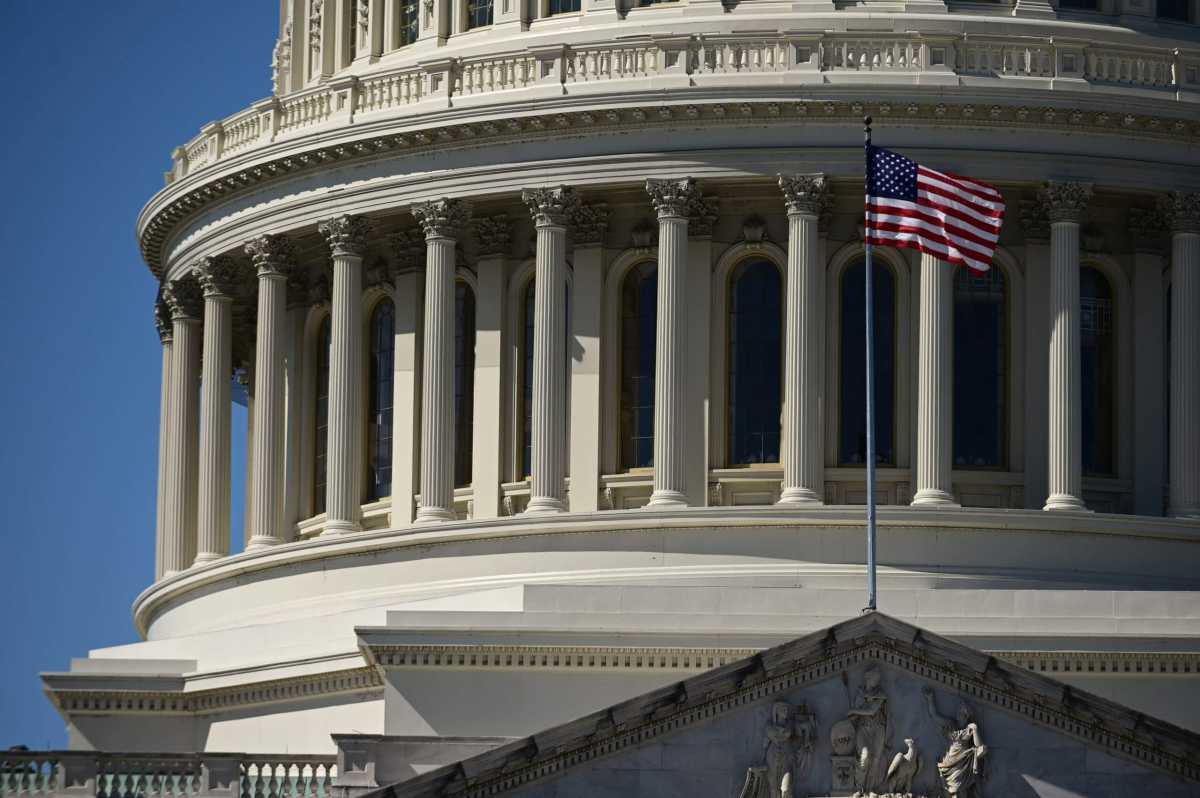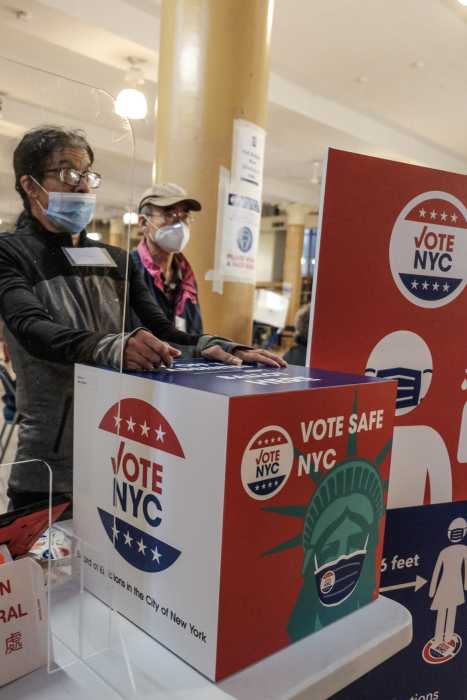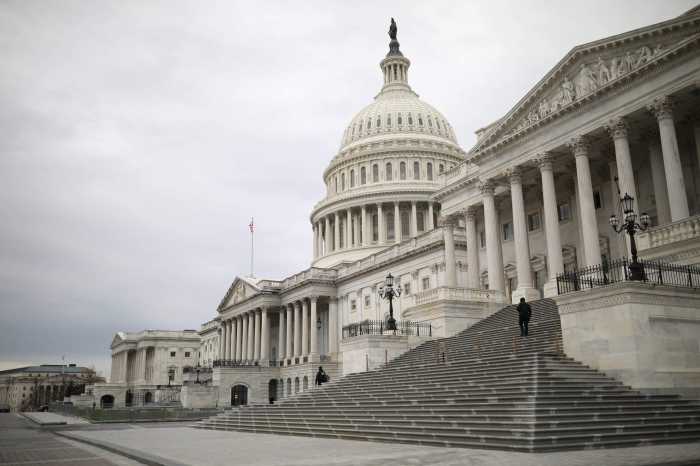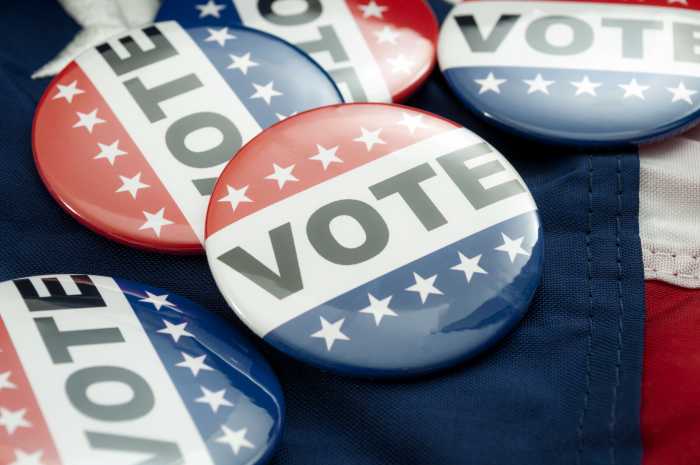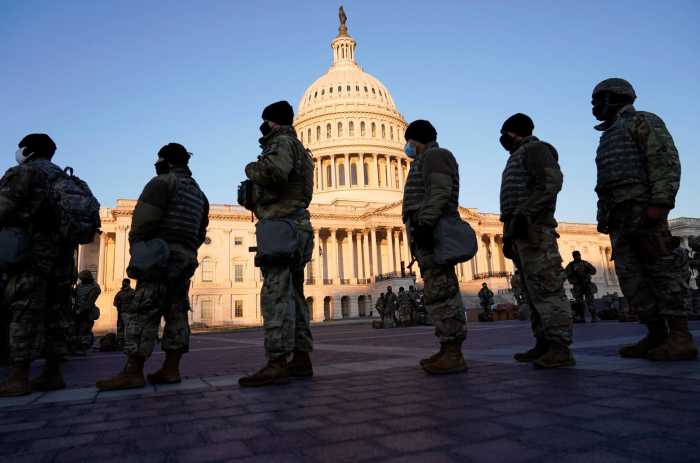I learned Democracy in Brooklyn but Lived it in Iowa.
My Spanish immigrant father, in the 1950s. walked the streets of Flatbush as if he owned them, his Desi Arnez accent stood out amidst 2nd and third generations of Irish and Italians. Our Jewish neighbors were less known by him but greatly influenced his children.
On voting day, he donned a fedora, suit, tie, and gloves to shepherd his children and wife to a public school where he cast his vote, all the while pontificating about why working people never voted for Republicans and how only in America was speech truly Free. Further, that there were no fascists here, now; not like Franco’s Spain, his birthright.
More than fifty years later, now in the Heartland of flyover country, Iowa, my T.A.D. (Trump Anxiety Disorder) assuaged by the election, I pause to ponder how we might work to strengthen Democracy based on the regional lessons absorbed by one of her older daughters.
A trio of approaches emerges. Democracy needs to be learnt, not just in schools, (but certainly there as John Dewey knew), but also at dinner tables and family gatherings. Under the guise of civility too many homes have abolished politics: yet the price of peace at the Thanksgiving table is dishonesty before the next generation and not understanding how to love in deep distress.
Iowa attempts “nice” almost always, in its desire to create community. Strangers are tolerated but hopefully for only brief periods, you either
leave or become family. Brooklyn’s ruggedness prepares a more vigorous personality perhaps and certainly a more diverse array of public personas. So, learning about Democracy may be different in Iowa and Brooklyn but in either place it must be actively defined and pursued and taught and fought about, if necessary. Silence does not teach Democracy. Reading and talking do.
Democracy must be practiced. Voting certainly, but writing letters to the Editor, arranging town hall events with elected officials and myriad other ways to put our skin in the game. The Iowa caucus system may seem bizarre east of the Mississippi. but it is simply community building politicized.
Iowans often know their Senators and Representatives by first name, New Yorkers however more often know their policy positions and voting record. Iowans can thus dismiss budding political fascists because they “know” them while New Yorkers can too easily neglect to educate their politicians because they are too often political “Figures” and not known personally. We can learn to do it better in each place. A Zoom meeting, ironically, may teach us more easily, to engage with elected officials.
Social movements exist in both places and, at their best, teach us what we have ignored. Gay marriage in Iowa, BLM in NYC, each have a story, both depend on a functioning Democracy to grow and bear fruit.
I saw my first home library in the Jewish home of a Girl Scout comrade in Flatbush. An intellectual tradition did not exist in my own household, but did, with a vengeance in hers. I was so taken that that value planted in me the strength and desire to become one of Iowa’s early women attorneys. Her soil brought to fruition the seeds planted so much earlier.
We cannot predict what teaching and learning Democracy will produce in a generation. We came awfully close to seeing what can happen to a society which neglects its transmission. So, whether in Iowa or New York, or anywhere really, talk. read, and practice Democracy.
Those walks of political education were simple extensions of family dinners where the First Amendment sparkled. Especially when Uncle Joe was present, who did not believe in Unions, the talk was earnest and continuous. The emerging current custom of not talking politics at family gatherings would have been anathema in that working-class home. To censure one’s thoughts in one owns home? The daily newspaper headlines were dealt with as news from important others and places.
Community building was what was happening. The new stop sign on the corner? A result of a petition of homeowners not bribes. My father started that petition and when we passed the sign on our walks he would say, “Only in America. Only in America.”
The nearby public school was run on John Dewey’s philosophy. I was class president for eight years and learned most of what I needed to know in later life in supporting Shirley Chisholm or giving a speech to 4,000 folks as the warmup for Barak Obama.
Clara Oleson is a member of Seniors Taking Action, a group of activists who believe that political engagement is essential if Democracy is to flourish. For more information: seniorstakingaction21@gmail.com



